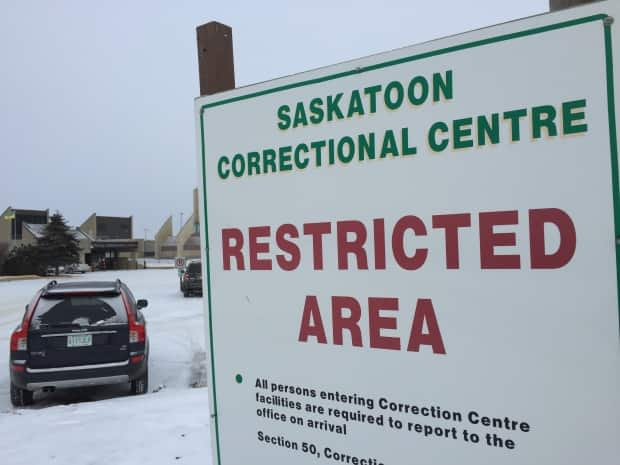Prisoner advocate calls for supports after two more people die while on remand

A prisoner advocate says more supports need to be put in place for inmates in provincial jails who are on remand after two more young men died while in custody this month.
A 19-year-old was found unresponsive in his cell at the Regina Correctional Centre on Feb. 10. Two days earlier, a 21-year-old man on remand died at the Saskatoon Correctional Centre.
There have now been nine deaths in provincial jails since the start of last year.
Sherri Maier, with Beyond Prison Walls Canada, said people on remand don't get any supports when it comes to mental health and drugs.
"They don't get much mental health help," Maier said. "You can't go to any programming that they offer. So if you have an addiction, you're not going to get any addiction support until you actually are sentenced on a unit.
"So really, when they say it's dead time, that is what remand is. It's dead time. You just sit there and wait."
The Ministry of Corrections, Policing and Public Safety has provided few details on the recent deaths, only to say foul play is not suspected and the deaths are not related to COVID-19.
The ministry did say both men were on remand, which means they had been charged with an offence but had not been convicted.

In an emailed statement to CBC, the ministry said it uses a number of measures to ensure the safety of inmates, staff and public.
"This includes the use of video cameras, hourly checks on inmates, ongoing case management services and in-facility healthcare assessments," the statement said. "All correctional centres have on-site medical staff, and all correctional staff are trained in first aid and have access to on-site first aid supplies, including Narcan [a drug used to treat overdoses]."
Maier said mental health issues and illicit drugs are a major problem in provincial jails and people on remand aren't getting the support they need, leading to terrible outcomes.
"This is just happening far too often," Maier said. "Whether they're sentenced or they're on remand, either way they should be getting the same support.
"They're in the care of the ministry and I don't see there is a difference as to being sentenced or on remand. You should still get the same sort of supports regardless."

The ministry said it "undertakes a work plan to make any necessary changes that are identified through the internal investigation into an in-custody death."
Section 20 of The Coroner's Act, 1999 states that any deaths in custody are subject to an inquest process.
The Saskatchewan Coroners Service makes the final decision on whether to hold an inquest into a death in custody.
For Maier, that's not enough.
"Most of these people are coming in [to jails] already with a mental health issue, whether diagnosed or undiagnosed, and they're not getting the supports that they need."
The province is building a new remand centre in Saskatoon, at an estimated cost of $120 million, which is scheduled to open by the summer of 2025.


